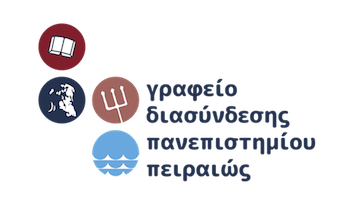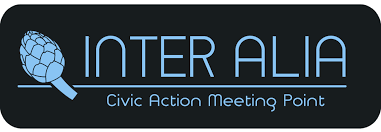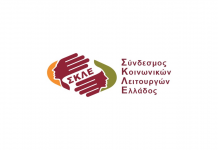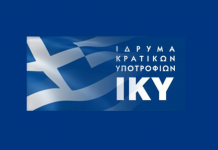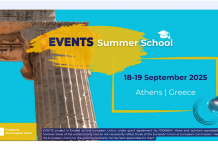
Re-framing the Migrant Situation in Europe. Critical issues in policy-making and cross-disciplinary approaches
Following up to the international conference “Potentials and Challenges from the Migrant Crisis”, Inter Alia and the Department of Political Science and International Relations of the University of the Peloponnese, embark on a collective venture to re-frame the migrant situation in Europe. In this process, we shall examine underlying challenges of hosting European societies that influence the perceptions and political agendas on the issue but are often overshadowed by conventional wisdom that views migrant integration as a single-sided process and urges only newcomers to adapt.
We offer 5 sponsorships for participants who wish to attend both days of the conference.*
If you are a student of social sciences, an activist, worker or volunteer engaging with refugees and other vulnerable groups; if you are troubled by repetitive and infertile policy agendas regarding the issue of migration and the refugee situation in Europe; If you wish to engage in a joint endeavor to place the ongoing “migrant crisis” in a broader cross-disciplinary, theoretically-informed framework and question existing interpretations we encourage you to join the conference which will take place at the University of the Peloponnese in Corinth, on February 28 and March 1.
*The sponsorships cover accommodation and meals, as well as a traveling stipend of up to 100 euro.
You can express your interest by filling this form.
See the conference programme here.
The working language of the conference is English.
A few words about Inter Alia:
Inter Alia is a civic action, non-profit organisation aiming at the creation of an inclusive and active European demos. It engages in the fields of education, youth work and culture with the aim to:
- Promote and enhance civic action and civil society’s interconnectedness and effectiveness in influencing decision-making at any level;
- Empower youth and increase employment opportunities through training, skills development, and civic and social participation;
- Confront interpersonal and intergroup stereotypes and enhance intercultural understanding inside and outside the perceived limits of Europe as a means to peace and well-being.
